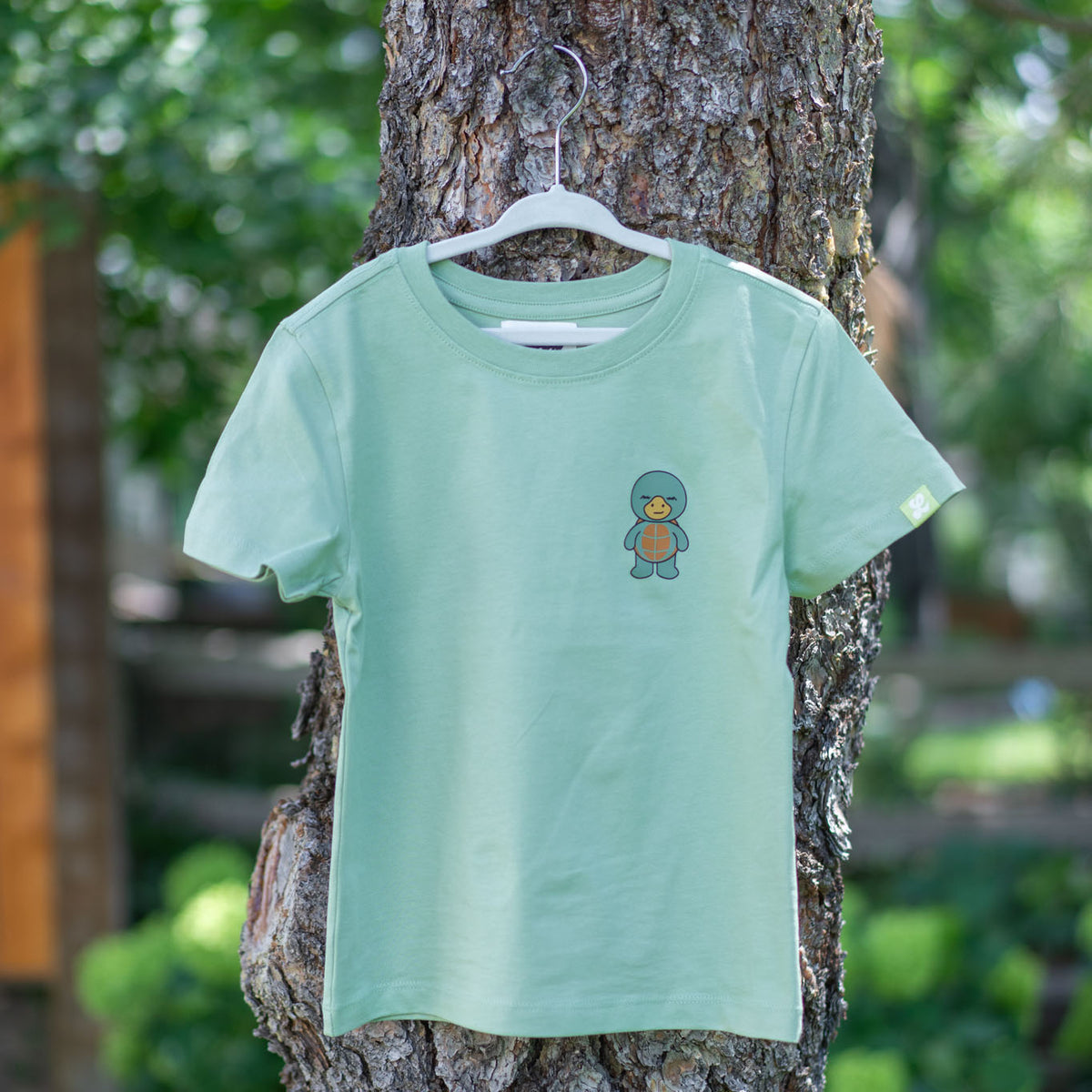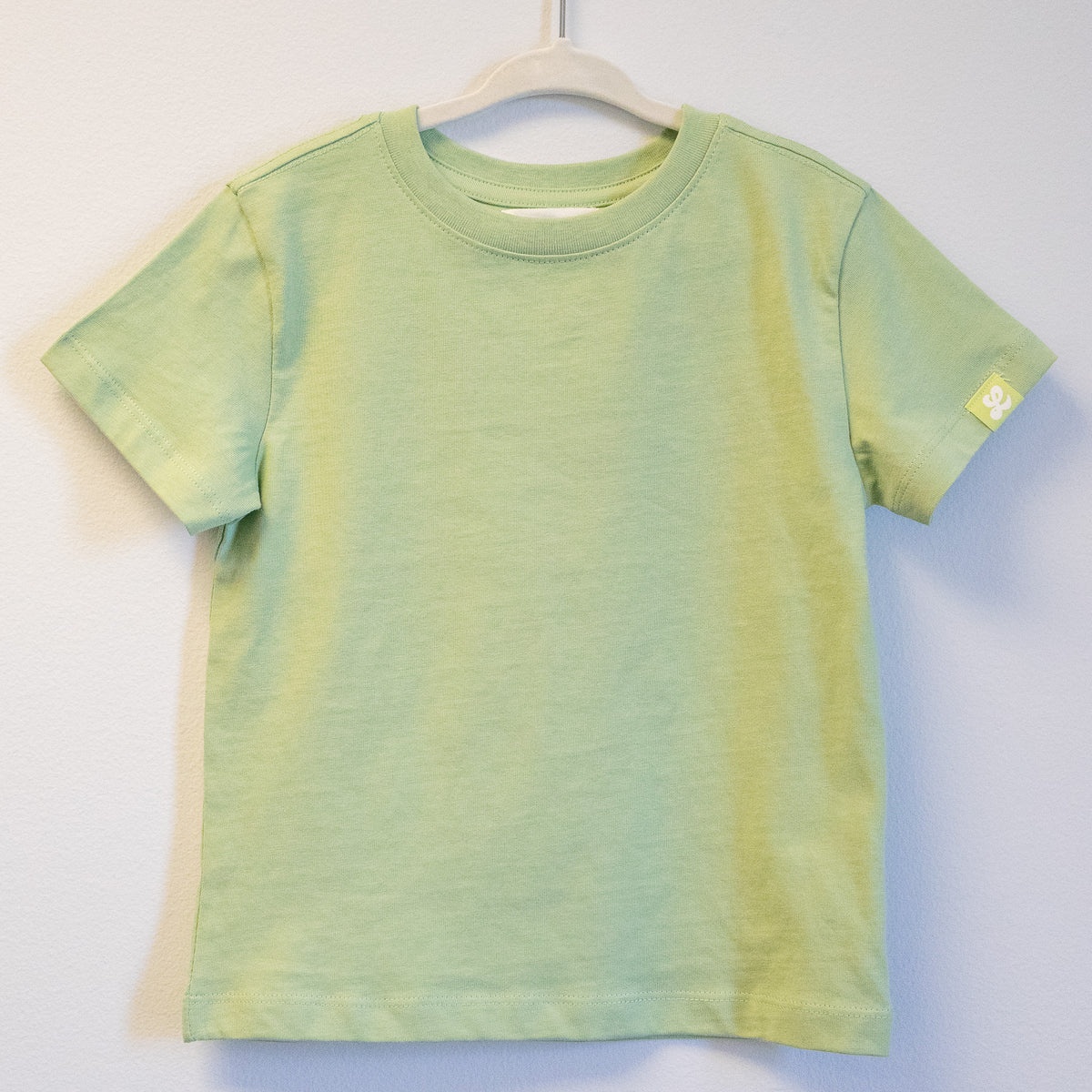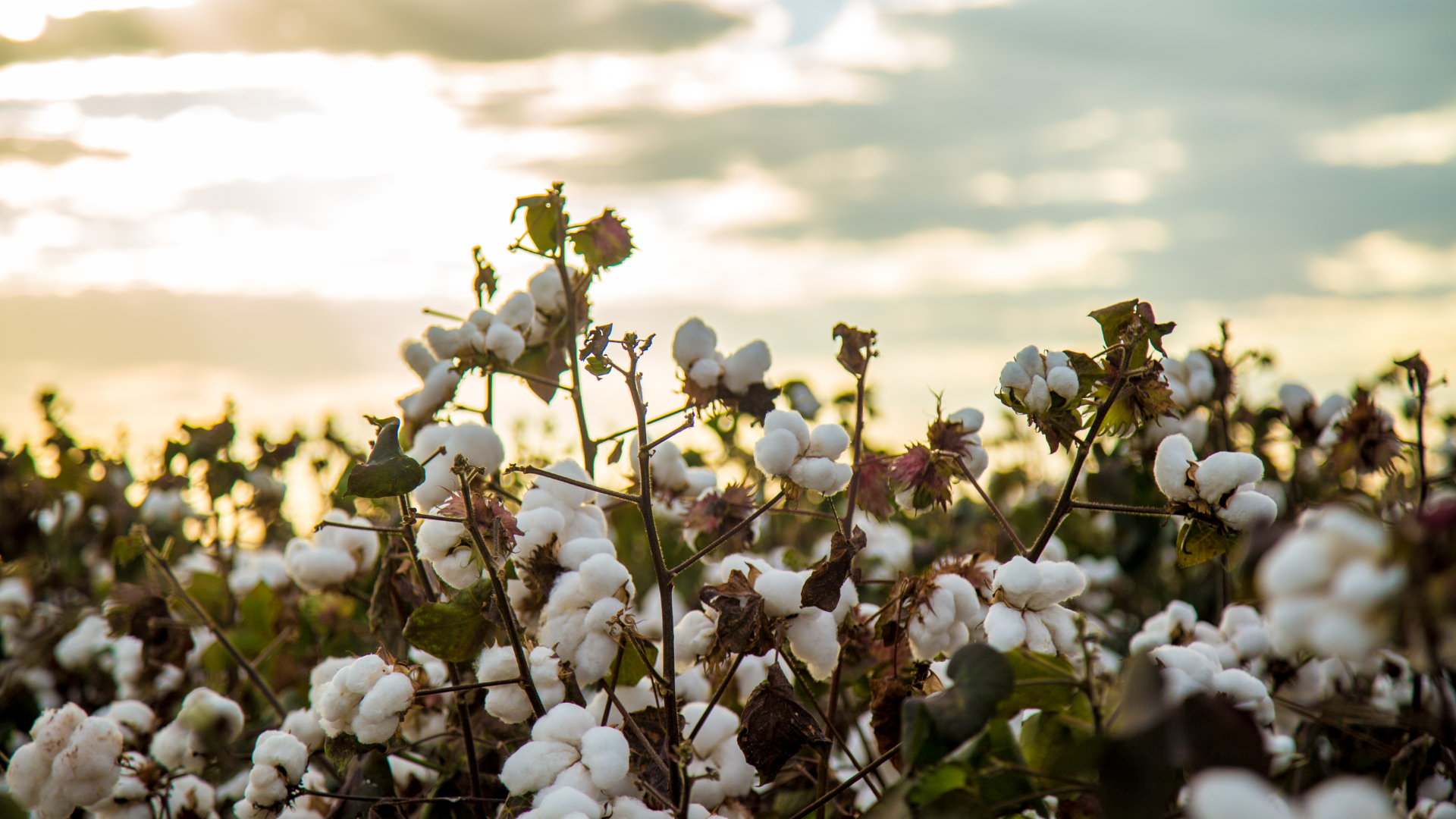Cotton, the fabric of our lives. Over 25 million tons of cotton are produced globally, and weaves its way into billions of garments each year. Yet, not all cotton is cut from the same cloth. Enter the world of conventional cotton – a notorious culprit in the realm of waste and pollution, earning its infamous title as the "world's dirtiest crop".
Sprayed with a cocktail of chemicals that permeate the plant and surrounding soil, conventional cotton poses a significant threat to both the environment and the health of farmers. Toxic runoff from pesticides seeps into water supplies, contaminating delicate ecosystems and endangering communities. Despite these alarming consequences, a staggering 99% of cotton continues to be farmed conventionally – a method which was derived from the industrialization of agriculture in the early 1900s.
Here at Loop Apparel, we've chosen a better path. We proudly use 100% organic cotton in our tees, which is a conscious decision rooted in our commitment to being kinder to the planet and the people who live on it.
What is Organic Cotton?
Organic cotton is cotton that’s grown without the use of toxic pesticides, fertilizers, and genetically modified organisms. Organic cotton embodies a cleaner, greener, and kinder approach to textile production. Its benefits extend far beyond its fibers, offering benefits to the planet, the farmers, and your little ones:
Better for the Planet:
- Organic cotton production emits 46% less CO2e and utilizes 91% less water compared to its conventional counterpart.
- By avoiding pesticides and harmful chemicals, organic cotton farming prevents toxic runoff, safeguarding waterways and ecosystems.
- Organic farming practices nurture soils to retain water and nutrients more effectively, promoting long-term sustainability.
Better for the Farmer:
- Organic cotton farming ensures clean air and water for farmers, mitigating the risks associated with chemical exposure.
- Fertile lands thrive and regenerate under organic cultivation, offering sustainable livelihoods for generations to come.
- Rigorous regulations and fair trade practices uphold ethical standards, fostering healthier working conditions and communities.
Better for Your Kid:
- Absent of harmful toxins and chemicals, organic cotton garments offer a safer, gentler alternative for sensitive skin.
- Handpicked from longer fibers, organic cotton boasts superior softness and durability, ensuring lasting comfort for your little ones.
By choosing organic cotton, we're not only investing in the well-being of our planet and farmers, but also ensuring a safer product for our children. So, the next time you reach for a piece of clothing, check the label and consider the story behind the fabric and the impact it has throughout the entire supply chain, including Mother Nature.
Join our community to stay in the loop for future blogs and updates by dropping us your email below.


